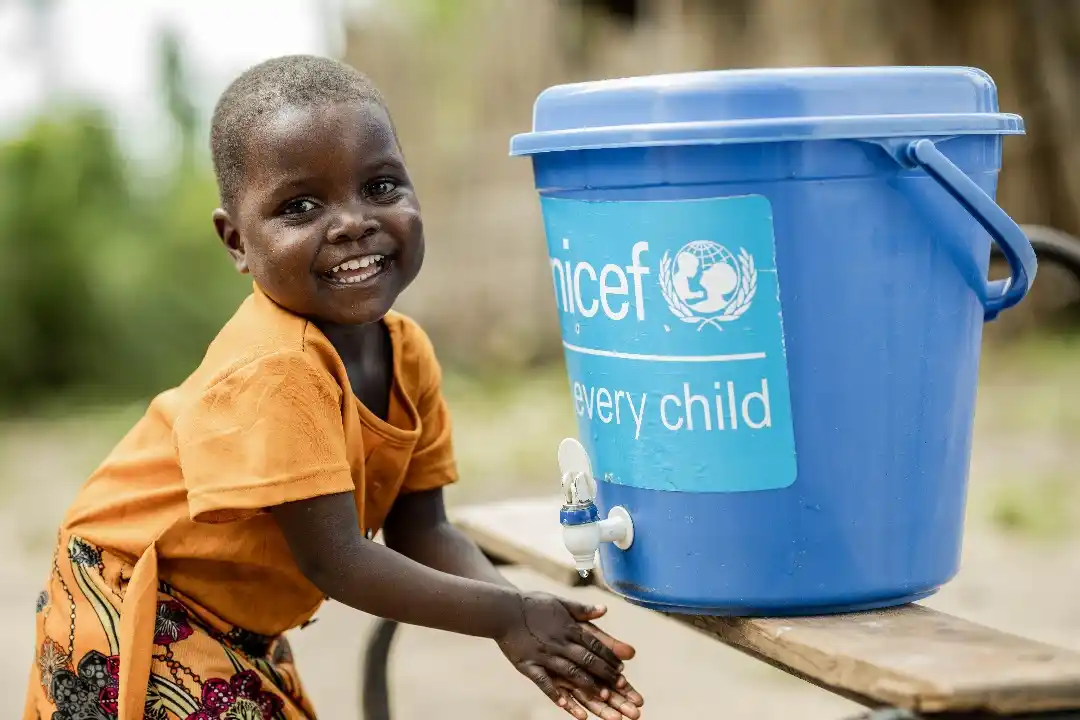
UNICEF has warned that about 300,000 children are at risk of severe acute malnutrition in six drought-affected countries in Southern Africa.
This is contained in a statement the organisation has released which is also calling for urgent funding to scale-up programmes across affected countries which include Malawi.
According to the statement, about 270,000 children are expected to suffer from life-threatening severe acute malnutrition (SAM) in 2024 in the six countries that have been worst hit by draught.

“The humanitarian needs children are facing due to El Niño are extremely concerning. Increasing food insecurity and malnutrition, challenges in accessing safe water and sanitation, as well as risks to disease outbreaks such as cholera are a serious threat. Thousands of children are on the brink of being irreversibly impacted in their health and growth because of the climate-related crisis and this warning should not go unheard by the international community,” reads part of the statement.
The statement further said in Lesotho, Malawi, Namibia, Zambia, and Zimbabwe, about 7.4 million children are living in child food poverty with over 2 million surviving on extremely poor diets that include at most two food groups.
“Investment and innovation in building family and societal resilience are vital. Frameworks that stay fit for future purpose, including diverse food systems, clean water, sanitation services, climate-informed education, and climate-responsive health care, must be prioritized, alongside the safeguarding of key services and systems for children to ensure quality and uninterrupted access” the statement reads further.
In Malawi, an estimated 5.7 million people are expected to experience high levels of acute food insecurity between October 2024 and March 2025.
Meanwhile, an increasing trend of severe acute malnutrition (SAM) in children has already been observed with an 18 percent increase in SAM admissions recorded between January and May 2024.






0 Comments